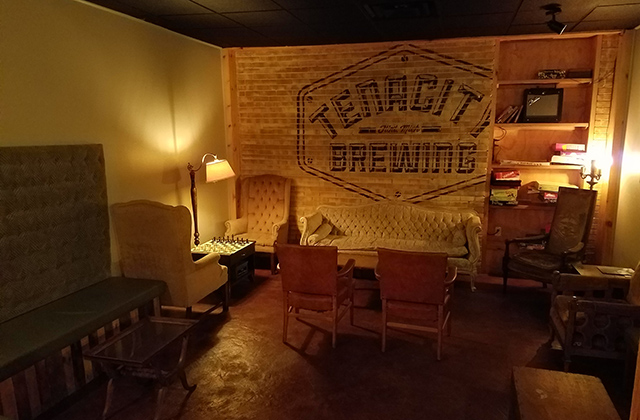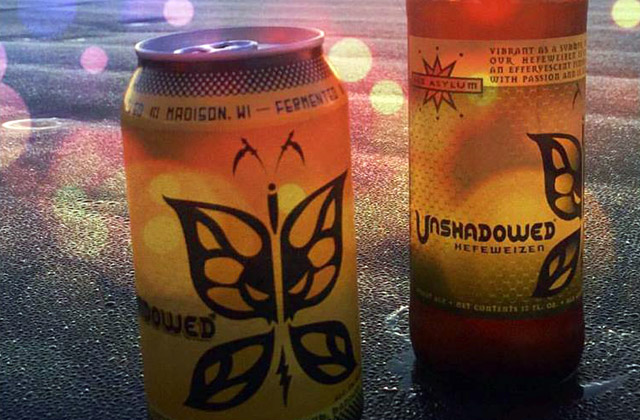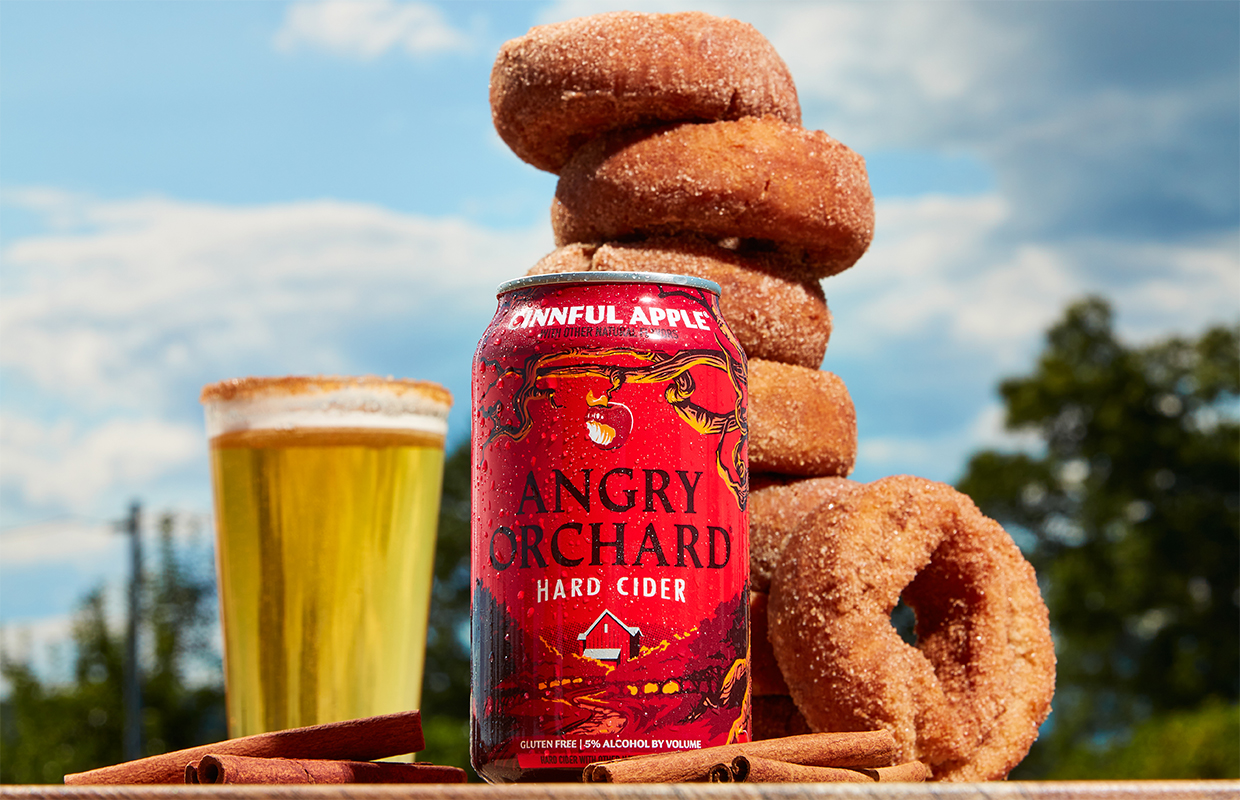
For brewery owners, fostering an ownership culture among employees can be the key to creating a thriving, collaborative workplace. Blackrocks Brewery in Marquette, Michigan, has embraced this approach, building a flat organizational structure that emphasizes autonomy, responsibility, and a shared sense of purpose. This ethos is good not only for the brewery’s operational success but also for the loyalty of its team members.
By focusing on empowerment and collaboration, breweries can create workplaces where employees thrive — and where they want to stay.
From the early days, Blackrocks has operated without a rigid hierarchy. Marketing Manager Steve Farr recalled a particular moment when he was bartending and co-founder David Manson was still doing his corporate day job.
“David would come into the brewery in his suit and tie from selling and start pouring beer,” he said during the brewery’s cover story interview for the Jan/Feb 2025 issue. “I remember one time I was pouring beer, and he was on a conference call for work upstairs. During a break in the meeting, he was pouring a beer next to me, and he looks at me and goes, ‘Don’t ever let me go fucking corporate’ and then he closed the tap and ran back upstairs to finish the meeting.
“We’ve always had a very flat organizational structure where you don’t have direct reports. David and Andy (Langlois) are at the top, but it’s a very open-door policy, and everyone has an equal voice.”
This structure fosters an environment where employees are encouraged to take initiative. Farr highlights how employees might handle tasks that are outside their formal job descriptions — brewing one day and fixing a door the next.
“If you see something that needs to get done, we just kind of do it,” he said. “Once people fall into that model, it works really well. They realize they have autonomy to make decisions.”
Farr notes that mistakes are not punished but treated as learning opportunities. This mindset empowers employees to act without fear, knowing their judgment is trusted.
While Blackrocks doesn’t operate as an employee stock ownership plan (ESOP), the brewery has cultivated a similar sense of ownership among its team. Employees are given the freedom to make decisions and are trusted to act in the company’s best interest. Farr believes this approach creates a sense of pride and investment in the brewery’s success.
“People really enjoy working in that sort of environment,” Farr said. “It gives ownership to people. They feel valued and integral to what we’re building.”
Employee retention is a notable challenge in the industry, especially for breweries with over a decade of work history. Yet Blackrocks has maintained a core group of long-term employees — a rarity in the field. Farr and Manson attribute this loyalty to their treatment of employees and the brewery’s culture of collaboration and growth.
“We’ve always encouraged people from the beginning: if this isn’t your end, tell us where your end is, and we’ll help you get there,” Manson said.
Blackrocks allows employees to explore their interests, whether it’s gaining experience in marketing, production, or other facets of the business. This philosophy not only prepares employees for future opportunities but also fosters a deep connection to the brewery during their tenure.
The success of Blackrocks approach lies in its commitment to cultivating an environment of trust, autonomy, and mutual respect. Employees are empowered to make decisions, contribute beyond their job descriptions, and pursue personal growth within the company.
Adopting elements of this type of ownership culture can pay dividends in employee satisfaction and retention.
As Farr puts it, “If you can have fun doing what you’re doing in a place as gorgeous as this, what else do you need?”





